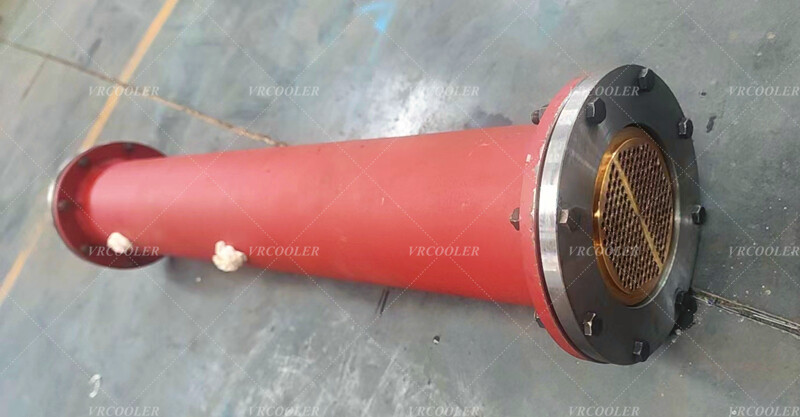Tubular glycol heat exchanger, is a kind of tubular heat exchanger using glycol as heat transfer medium, mainly consists of shell, tube plate, heat exchanger tube, header, folding baffle, etc. .
Working Principle
The hot fluid flows in the tube or shell course, and the cold fluid flows in the other side, and the heat is exchanged through the wall of the heat exchanger tube. Glycol is used as a heat transfer medium, because it has a low freezing point and high boiling point, it can effectively transfer heat in a wide range of temperatures, and it is often used in systems that need to prevent freezing or exchange heat at higher temperatures.
Areas of Application
Chemical industry: used for heat exchange in various chemical reactions, such as polymerisation reaction, esterification reaction, etc., to control the reaction temperature and improve the reaction efficiency.
Pharmaceutical industry: heating, cooling and condensation in the process of drug production, such as distillation, extraction and other processes in the pharmaceutical industry.
Food and beverage industry: used in food processing in the process of sterilisation, cooling, heating and other processes, such as milk, fruit juice and other pasteurisation and cooling.
HVAC field: as a cooler or heater in air-conditioning systems, regulating indoor temperature and humidity, also used in ventilation and air-conditioning systems of industrial plants.
Energy industry: as heat exchange equipment in solar water heating system, ground source heat pump system, to improve the efficiency of energy use.
Advantages
Highly efficient heat transfer: Tubular structure provides a large heat transfer area, which enables efficient heat transfer and improves energy utilisation.
Compact: Compared to some other types of heat exchangers, tube heat exchangers are relatively small in size for the same heat transfer area, saving installation space.
Strong adaptability: can be applied to a variety of different working media and working conditions, can withstand higher pressures and temperatures, with better pressure resistance and temperature resistance.
Easy maintenance: relatively simple structure, easy to disassemble and clean, easy maintenance and overhaul, reduce maintenance costs.


